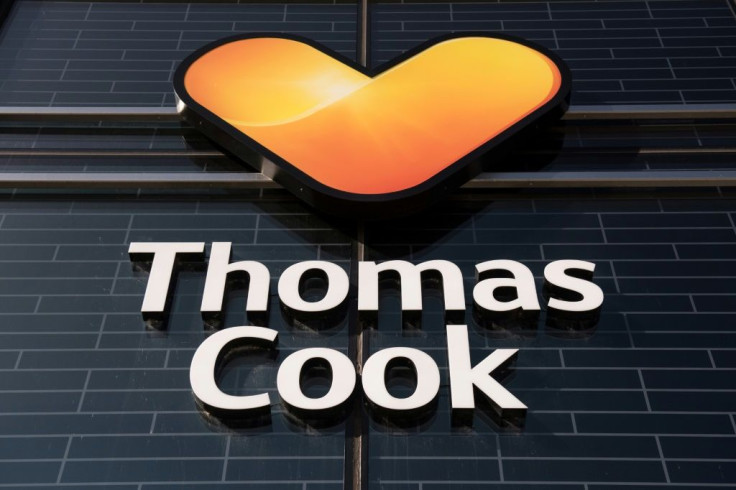UK Launches Probe Of Thomas Cook Auditors

Britain on Tuesday launched an investigation into the auditors who signed off on accounts for the now-bankrupt holiday giant Thomas Cook, as the company's Belgian division finally collapsed.
The Financial Reporting Council said in a statement that it will examine whether accountancy firm EY -- which replaced PwC as Thomas Cook's auditors in 2017 -- acted properly in scrutinising its books.
"The FRC has commenced an investigation into the audit by EY of the financial statements of Thomas Cook Group Plc for the year ended 30 September 2018," it said.
The regulator "will keep under close review both the scope of this investigation and the question of whether to open any other investigation in relation to Thomas Cook, liaising with other relevant regulators to the fullest extent permissible".
If the watchdog's probe uncovers any wrongdoing, it could spark a severe reprimand and a fine for those involved.
The FRC probe comes after a parliamentary business committee launched its own inquiry on Thursday into Thomas Cook's management conduct, pay, accounting and auditors, and regulation.
Meanwhile, a Belgian commercial court in Ghent declared the local travel agency business of Thomas Cook bankrupt, putting 500 jobs at risk.
Thomas Cook Retail Belgium is the group's largest Belgian subsidiary and the fourth and final one to collapse in the wake of the parent company's failure.
Debt-plagued Thomas Cook collapsed last week after a lengthy period of financial turmoil, leaving 22,000 staff jobless and 600,000 passengers of different nationalities stranded around the world.
Britain's Civil Aviation Authority (CAA) regulator said Tuesday that it has now flown home 115,000 UK nationals out of the 150,000 who were left stranded.
Irish low-cost airline Ryanair on Tuesday urged closer regulation on the sector.
"The CAA has done a very good job," said Ryanair chief marketing officer Kenny Jacobs.
"There needs to be new and improved type of stress tests put in place.
"If an airline is weak financially that airline and the shareholders should be forced by the CAA to put reserves aside to cover the cost of repatriating customers if they get to that situation.
"That's not the case today and hence the UK taxpayers are the ones paying the bill."
The Department of Transport expects that the cost of the repatriation operation will come to about £100 million (113 million euros, $124 million).
burs-rfj/jh
© Copyright AFP {{Year}}. All rights reserved.





















